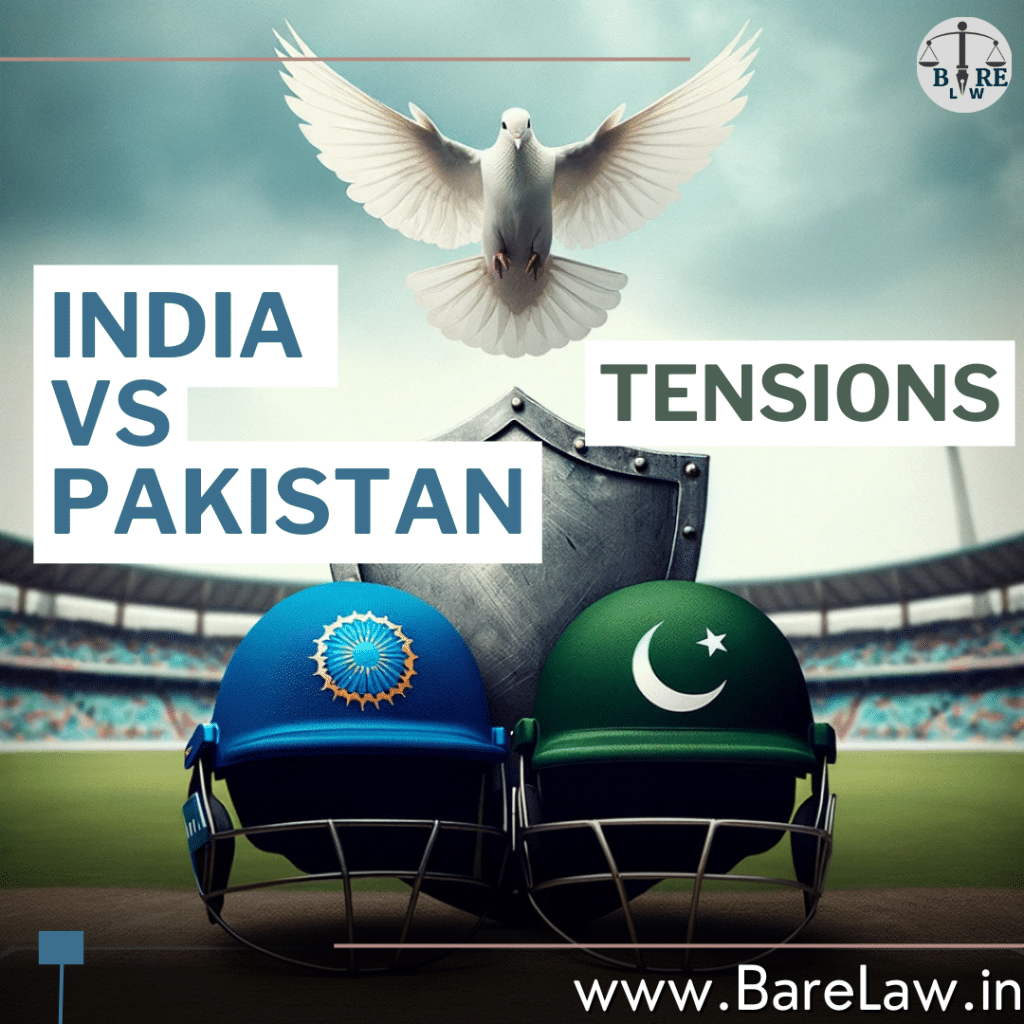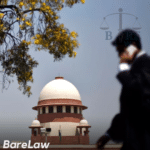
Cricket Amid Diplomatic Tensions
The historic clash between India and Pakistan in the World Cup has always been more than just a game of cricket. With Pakistan’s team visiting India after a long hiatus, there are heightened security concerns due to the past political tensions between the two nations. This article delves into how international and Indian laws come into play to ensure the safety and smooth execution of such significant sporting events.
1. International Sporting Conventions:
- Olympic Charter: As a guiding principle, the Olympic Charter emphasizes the “preservation of human dignity” and ensures that sport is practiced without discrimination. Though cricket isn’t an Olympic sport, the spirit of such charters influences global sporting events, ensuring that athletes from all nations are treated with respect and dignity.
- ICC’s Security Provisions: The International Cricket Council (ICC) has stringent security protocols in place, especially for marquee tournaments like the World Cup. The ICC liaises with the host country’s security agencies to ensure a safe environment for all participating teams.
2. Bilateral Agreements:
Before any tour, especially between countries with historical tensions, there’s usually a Memorandum of Understanding (MoU) signed between the cricket boards. This MoU will address security concerns and will have assurances from the host nation about the visiting team’s safety.
3. Role of Indian Laws and Agencies:
- Public Safety Acts: India has several laws in place, like the Public Safety Act, that empower the government to take all necessary measures to ensure public safety during significant events.
- Central and State Police Forces: Specialized units, such as the National Security Guard (NSG) and state commando forces, can be deployed during high-profile matches. These forces have undergone specialized training to handle any security threats.
- Intelligence Bureau (IB) and Research and Analysis Wing (RAW): Constant surveillance and intelligence gathering are crucial. These agencies play a pivotal role in preempting any threats and ensuring the smooth conduct of matches.
4. Coordination with Pakistan’s Security Agencies:
For matches of such magnitude, there’s often a bilateral coordination between the security agencies of both countries. This coordination ensures that any potential threat information is shared and acted upon promptly.
5. Role of the Public and Media:
Public awareness is essential. Both the Indian government and the BCCI can run awareness campaigns urging people to report any suspicious activities. The media, too, plays a crucial role by promoting messages of peace, unity, and the spirit of the sport.
Conclusion:
Cricket, often termed as a ‘gentleman’s game,’ has the power to bridge divides. While historical tensions between India and Pakistan are undeniable, the collective efforts of international bodies, national agencies, and the public can ensure that the game is played in its true spirit, free from external threats. Both international and Indian laws provide a robust framework to ensure the safety and security of such events, reinforcing the belief that sport can indeed transcend boundaries.
Also check – https://www.barelaw.in/our-services/





